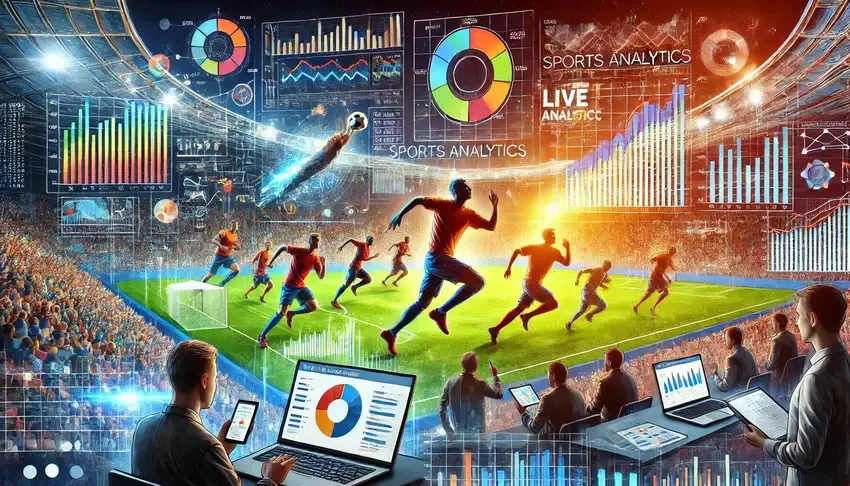Sports predictions are a fascinating combination of knowledge, analysis, and intuition. Both sports enthusiasts and professionals in the field use advanced techniques to analyze games and future events, aiming to predict the outcomes with greater accuracy. This article will explore the basics, methods, tools, and resources for analyzing sporting events, providing practical advice for making successful predictions.
Basics of Analyzing Sporting Events
The analysis of sporting events is based on the collection and interpretation of relevant data. Team and athlete statistics are fundamental: past performances, win rates, points scored, and other metrics provide a detailed picture. The physical and mental conditions of the athletes, including health, fitness, motivation, and stress, play a crucial role. Environmental conditions, such as the event location and weather, also influence results. Lastly, the game strategies adopted by the teams or athletes, and their adjustments based on the opponent, are essential elements to consider.
Methods of Analyzing Sporting Events
The methods of analysis vary in complexity and depth. Statistical analysis uses mathematical models to interpret historical and current data, while predictive models apply machine learning algorithms to predict outcomes based on a vast set of data. Qualitative analysis studies team dynamics through interviews and statements from athletes and coaches. Simulations create virtual scenarios to simulate matches and predict possible outcomes.
Tools and Resources for Analysis
There are numerous tools and resources that facilitate the analysis of sporting events. Statistical analysis software, such as R, Python (with libraries like Pandas and SciPy), and SPSS, are widely used. Data analytics platforms offer detailed data and visualization tools. Sports databases, like Opta and ESPN Stats, provide updated and historical statistics. Additionally, social media and news sources are valuable for obtaining real-time updates on injuries, transfers, and official statements.

Practical Tips for Successful Analysis
To improve sports predictions, it is useful to follow some practical advice. Staying continuously updated on the latest developments and changes in the sports world is crucial. Using an integrated approach, combining quantitative and qualitative analysis, offers a more comprehensive view. Validating predictive models on historical data is essential to assess their reliability. Being critical of the data and predictions, analyzing them to identify any biases or errors, is equally important. Finally, collaborating with other analysts and enthusiasts allows for the exchange of ideas and improvement of techniques.
Examples of Valid Predictions
Here are some examples of well-made predictions that have shown a high degree of accuracy. In 2015-2016, some analysts predicted Leicester City’s surprising victory in the Premier League by analyzing their rising performances and favorable conditions compared to competitors. Predictions about Michael Phelps’ performances at the 2008 Olympics, based on detailed analyses of his previous performances and race conditions, anticipated his extraordinary success. Analysis of team strategies and performances in the 2017 Super Bowl also allowed the prediction of the historic comeback of the New England Patriots against the Atlanta Falcons.
Making informed predictions about sporting events requires a mix of knowledge, thorough analysis, and the use of advanced tools. By following the guidelines and practical advice outlined, it is possible to significantly improve the accuracy of predictions, making sports analysis a rewarding and often surprising activity.
